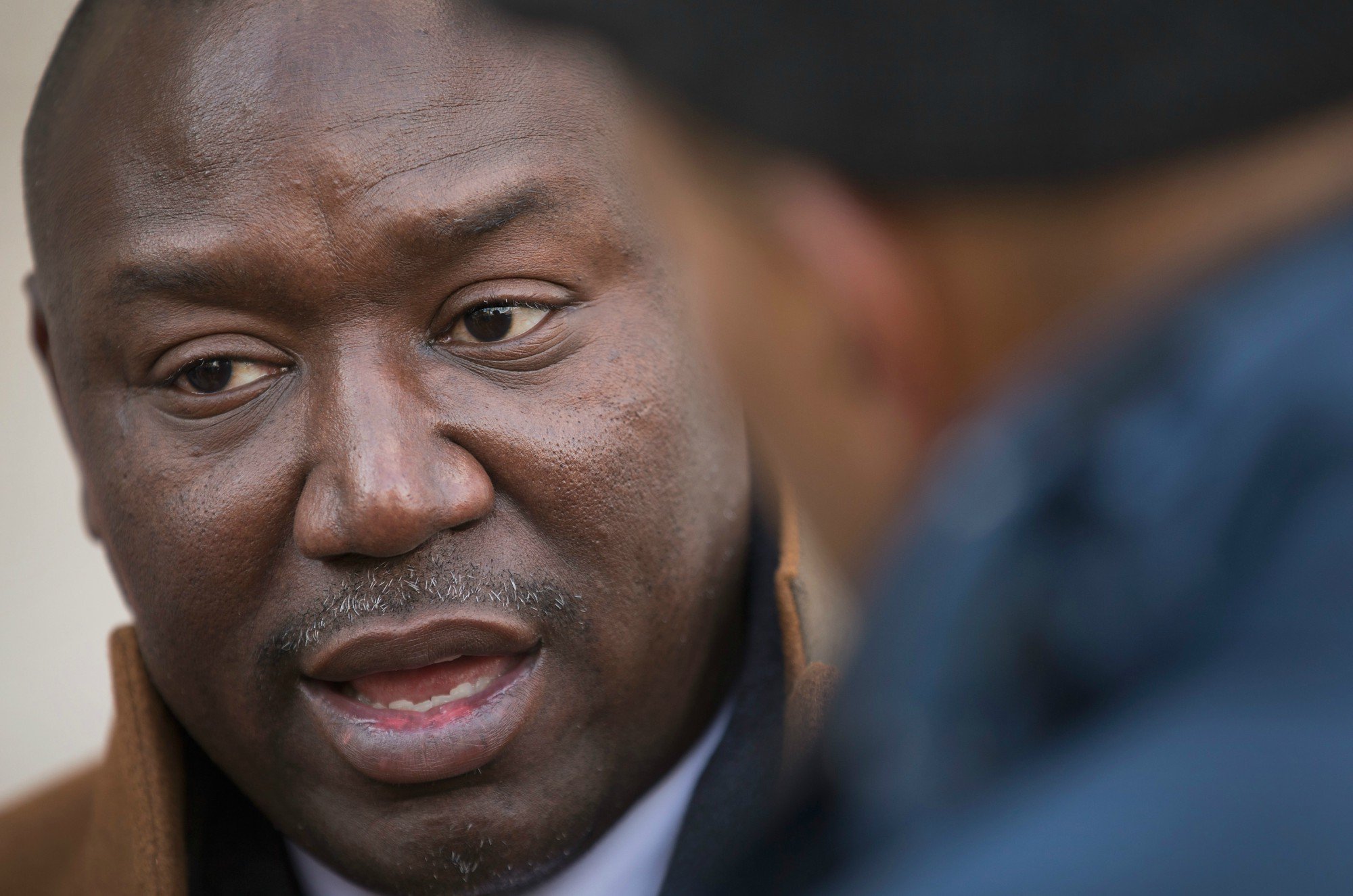[ad_1]
It’s right out of a nightmare. You’re standing on a street corner when a police cruiser pulls up. Officers toss you in the back seat and you’re hauled to a crime scene, where a witness identifies you as the assailant who shot two men.
Despite your protests, you’re convicted and sentenced to 40 years for murder and 20 years for attempted murder. You know you’re innocent, but a lot of good that does you as you contemplate spending the rest of your life in prison. You’re now just another Black man behind bars.
Richard Miles lived that nightmare. He was convicted in 1995 and spent 14 years in prison for murder in Dallas, Texas, before he was finally released. Years later, prosecutors called it “misapplied justice.” That’s a nice term for arresting, prosecuting and destroying an innocent man.
To help shed light on the cases, I’m hosting TV One’s Evidence of Innocence, a new crime and justice television limited series highlighting the stories of four innocent Black people who were wrongly convicted and imprisoned. I explore cases like Miles’, in addition to Mark Schand, who was accused of murder after an innocent bystander was killed by a stray bullet. There’s also the case involving Melonie Ware, who was running a daycare facility from her home in Decatur, Georgia, when an infant died in 2004, and Lisa Roberts, whose ex-girlfriend was strangled to death in a public park in Portland, Oregon, in 2002.
These are four victims of our American justice system and they each represent the hundreds of innocent Blacks trapped in prison, grappling with fear, loneliness and suicidal despair. Out of sight and out of mind of the American public, they nonetheless persevere, praying to someday reclaim their freedom. And, they are far from alone.
The National Registry of Exonerations, founded in 2012, is a joint effort of the University of California Irvine, the University of Michigan Law School and Michigan State University College of Law. The organization has chronicled more than 2,200 cases of innocent people who were wrongfully convicted and eventually exonerated. Almost half are Black – despite the fact that Blacks make up just 13 percent of the U.S. population.
Blacks are not only more likely to be wrongfully convicted than white people, they also spend more time in prison before being exonerated, according to a report issued last year by the National Registry of Exonerations.
As a Black man and an attorney, that’s beyond chilling – it’s terrifying. The very worst part is that this continues to happen over and over in America today.
The report focused on three crimes where Blacks were more likely than whites to be convicted and later exonerated — murder, sexual assault and drug crimes. Researchers found, for example, that innocent Black people were seven times more likely to be convicted of murder than innocent whites.
An innocent Black person goes to prison, often to languish for years unnecessarily and mercilessly. In some cases, only DNA testing can exonerate someone, finally free this wrongly convicted person.
It’s critical that we shine a spotlight on these dark injustices so these travesties do not continue. “Evidence of Innocence’’ shows that justice is not equal in the courtroom, but that innocent Black men and women, who survive years behind bars, can still find redemption.
Each held on to the hope of eventually being proven innocent, even as they suffered and struggled to survive behind bars — sometimes mocked by other inmates for the crimes they did not commit.
Whether you are Black, white, brown, or whatever — if you are a human being, that in itself is worth fighting for.
Benjamin L. Crump, Esq. is a civil rights attorney who has represented the families of Trayvon Martin, Michael Brown, Tamir Rice and a host of other young Black men who died under racially charged circumstances. “Evidence of Innocence,” a four-part limited series event, premieres Monday, June 4 at 10 pm ET. on TV One.
[ad_2]
Source link

